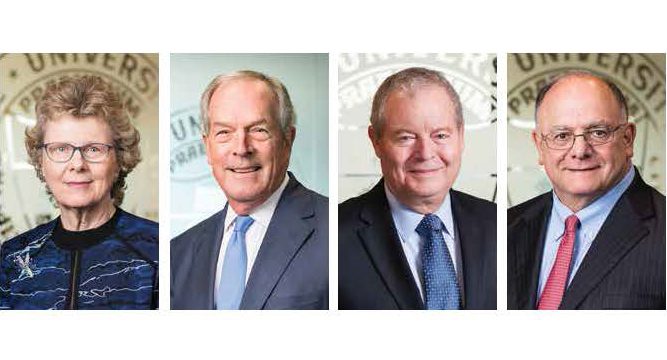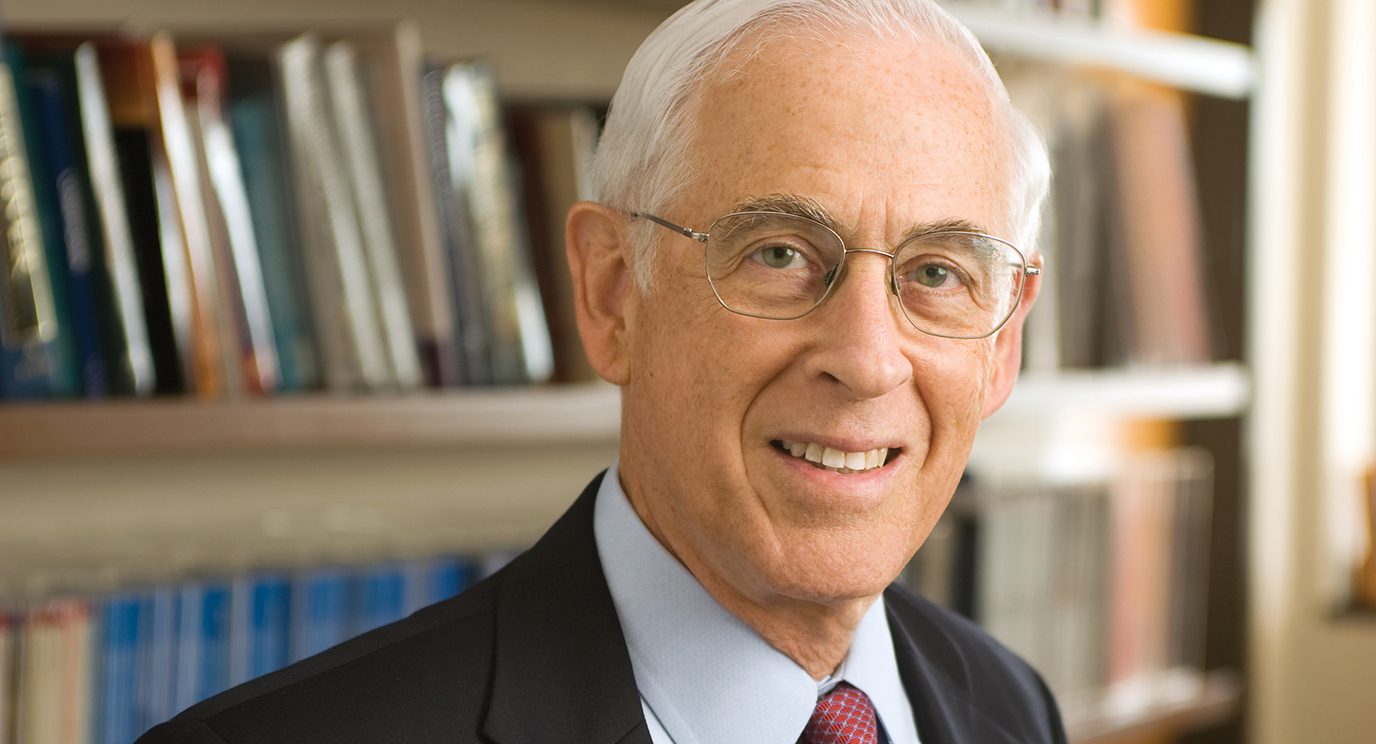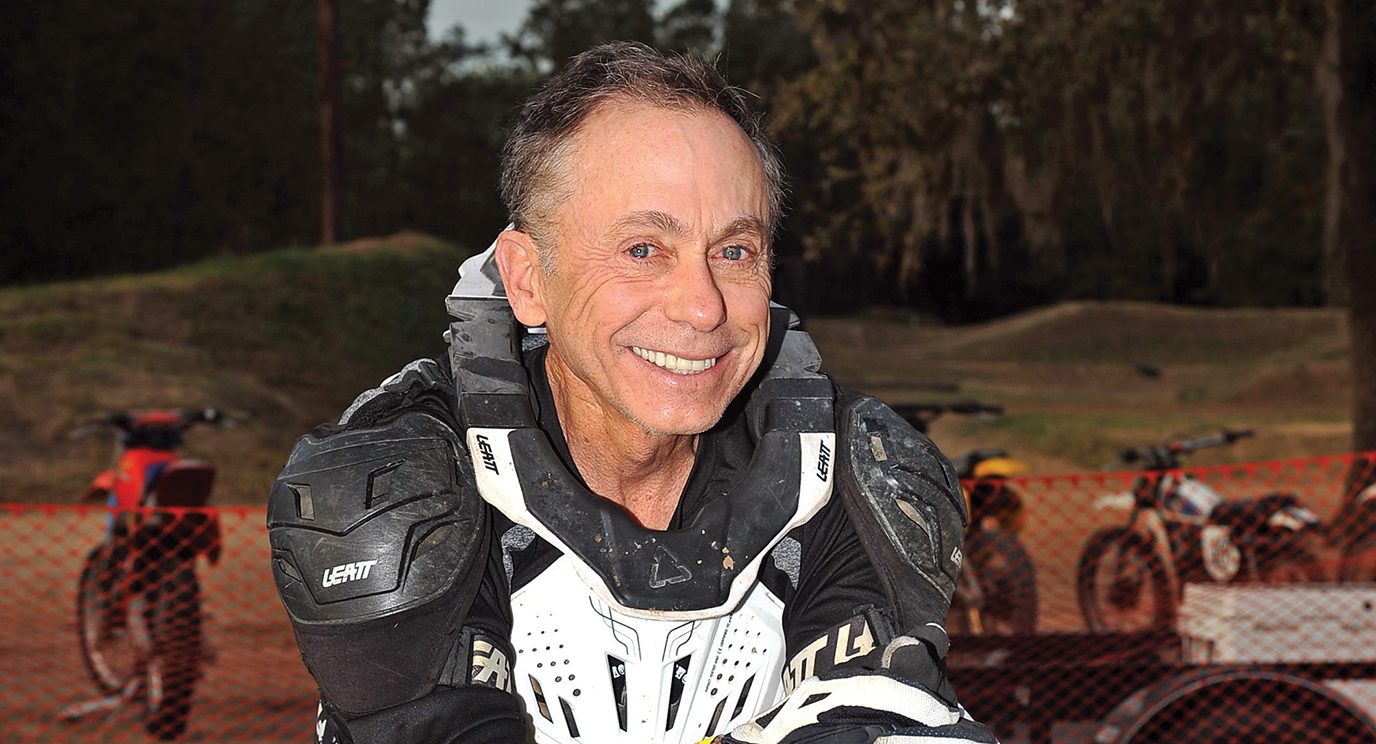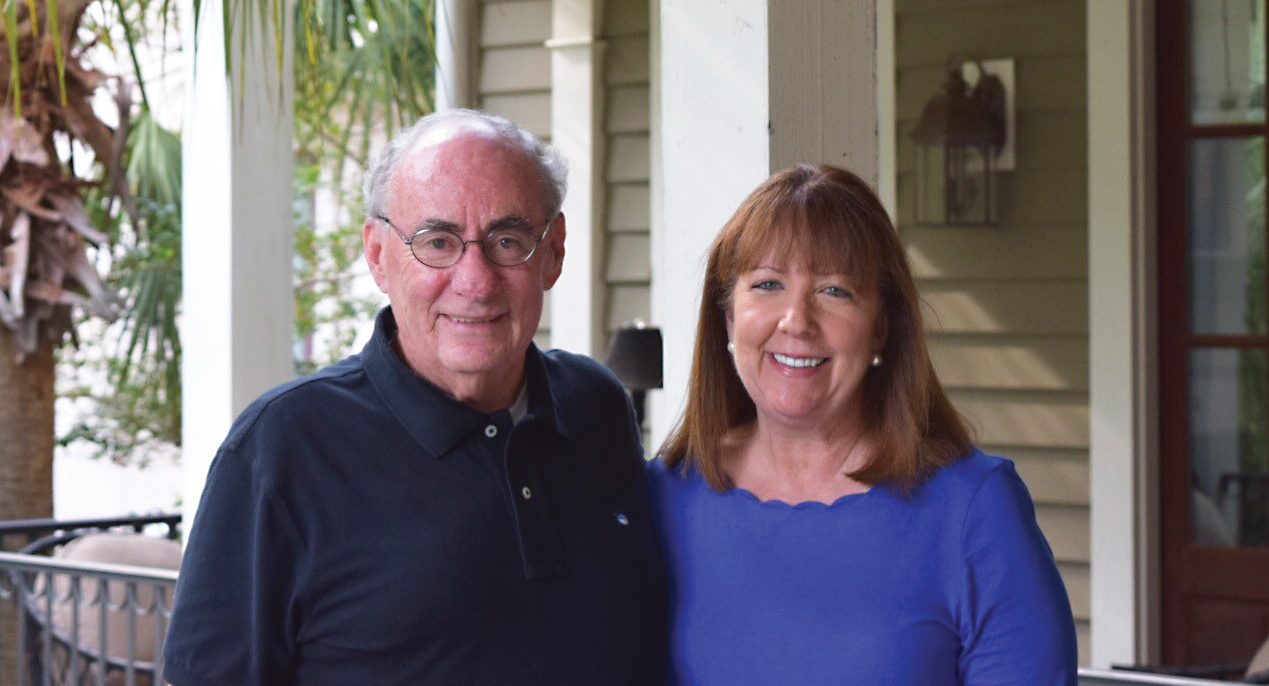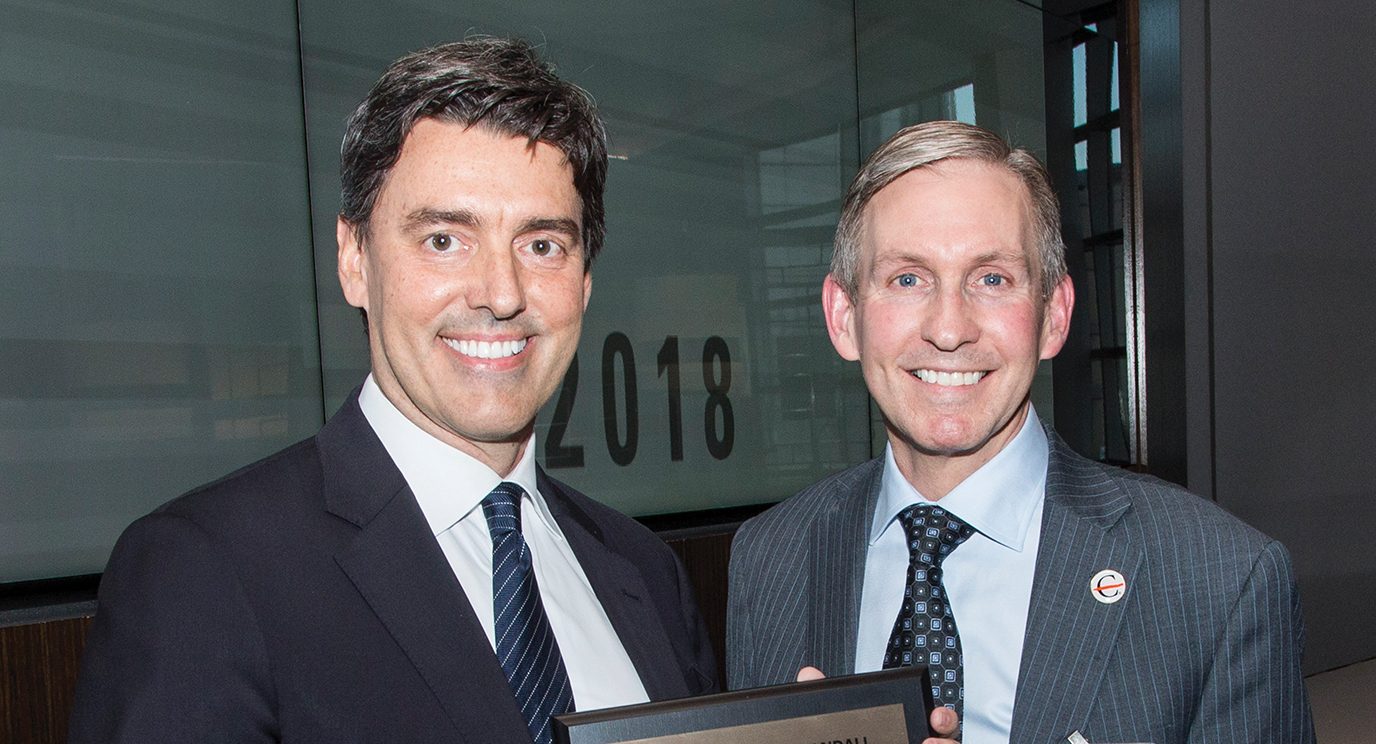Jim Allison wins Nobel Prize
Award recognizes pioneering cancer research in immunotherapy
Jim Allison, Ph.D., chair ofImmunologyand executive director of the immunotherapy platform atMD Anderson, has won the 2018 Nobel Prize in Physiology or Medicine. Allison, who launched an effective new way to attack cancer by treating the immune system rather than the tumor, is the firstMD Andersonscientist to receive the world's preeminent award for outstanding discoveries in life sciences and medicine.
By stimulating the ability of our immune system to attack tumor cells, this year's Nobel Prize laureates have established an entirely new principle for cancer therapy," the Nobel Assembly of Karolinska Institute in Stockholm noted Oct. 1 in announcing the award to Allison and Tasuku Honjo, M.D., Ph.D., of Kyoto University in Japan.
Allison says he is "honored and humbled" to receive the prestigious recognition.
"A driving motivation for scientists is simply to push the frontiers of knowledge," he says. "I didn't set out to study cancer, but to understand the biology of T cells, these incredible cells that travel our bodies and work to protect us."
Allison started his career atMD Andersonin 1977, as one of the first employees of a new basic science research center in Smithville. He was recruited back toMD Andersonin November 2012 to lead the Immunology Department and to establish an immunotherapy research platform forMD Anderson's Moon Shots Program™.
Allison also serves as a co-leader of the Stand Up to Cancer-Cancer Research Institute Cancer Immunology Dream Team and as a director of the Parker Institute for CancerImmunotherapy(PICI). He is deputy director of the David H. Koch Center for Applied Cancer Research of Genitourinary Cancers atMD Andersonand holds the Vivian l. Smith Distinguished Chair in Immunology.
Funding for his research has come from the National Institutes of Health, the Cancer Prevention and Research Institute of Texas, Howard Hughes Medical institute, the Cancer Research Institute, Prostate Cancer Foundation, Stand Up to Cancer, PICI and many private donors.
"Jim Allison's accomplishments on behalf of patients cannot be overstated," saysMD AndersonPresident Peter WT Pisters, M.D., "His research has led to lifesaving treatments for people who otherwise would have little hope. The significance of immunotherapy as a form ofcancer treatmentwill be felt for generations to come."
The prize recognizes Allison's basic science discoveries on the biology of T cells, the adaptive immune system's soldiers, and his invention of immune checkpoint blockage to treat cancer.
Allison's crucial insight was to block a protein on T cells that acts as a brake on their activation, freeing the T cells to attack cancer. He development an antibody to block the checkpoint protein CTLA-4 and demonstrated the success of the approach in experimental models. His work led to development of the first immune checkpoint inhibitor drug. The U.S. Food and Drug Administration approved ipilimumab for late-stage melanoma in 2011. Known commercially as Yervoy, it became the first drug to extend the survival of patients with late-stag melanoma.
后续研究表明前所未有的结果——20%of those treated live for at least three years, with many living for 10 years and beyond. Subsequent research has extended this approach to new immune regulatory targets, with drugs approved to treat certain types and stages ofmelanoma,lung cancer,kidney cancer,bladder cancer, gastric cancer,liver cancer,cervical cancer,colorectal cancer, and head and neck cancers andHodgkin lymphoma.Clinical trials正在进行中在许多其他类型的癌症。
"I never dreamed my research would take the direction it has," Allison says. "It's a great, emotional privilege to meet cancer patients who've been successfully treated with immune checkpoint blockade. They are living proof of the power of basic science, of following our urge to learn and to understand how things work."
Allison will be honored at Nobel ceremonies in Stockholm in December. For more information about Allison, his work and the Moon Shots Program, visitmdanderson.org/nobelprize.
